Search Definitions
Browse Content (p. 73)
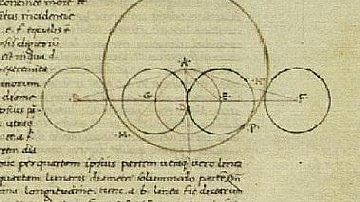
Definition
Greek Astronomy
Ancient Greek astronomy was the study of the universe to understand how it functioned and why apart from the established theistic model that claimed all things were ordered and maintained by the gods. Ancient Greek astronomers relied on observation...
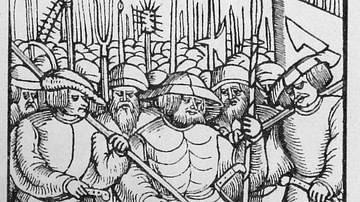
Definition
Twelve Articles
The Twelve Articles (1525) is a document written between 27 February and 1 March 1525 addressing grievances of the peasants of the Germanic regions of the Holy Roman Empire against the policies of their lords. The work was written to explain...
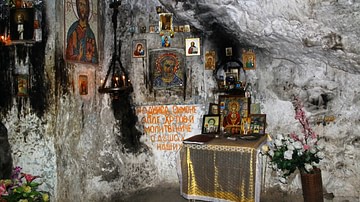
Definition
Zealots
The Zealots were a group of Jews who began to emerge as a religious/political movement around the beginning of the 1st century CE. They strongly opposed Roman rule and turned on everyone, including other Jews, who cooperated with Rome. A...
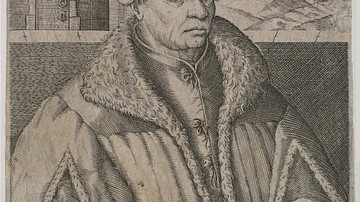
Definition
Thomas Müntzer
Thomas Müntzer (l. c. 1489-1525) was a German theologian and apocalyptic preacher who became one of the leaders of the German Peasants' War (1524-1525). An early follower of the reformer Martin Luther (l. 1483-1546), Müntzer established his...
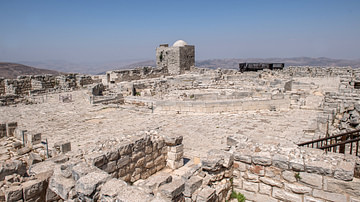
Definition
Samaritans
The Samaritans are a religious sect of ethnic Jews living near Mount Gerizim, Nablus, Hebron, and the West Bank in Israel. This community differs from mainstream Judaism by claiming that followers only accept the five books of Moses (Torah...

Definition
Melissus of Samos
Melissus of Samos (l. c. 5th century BCE) was a Greek philosopher of the Eleatic School, considered the third great proponent of that philosophy's claim that reality is One, after Parmenides (l. c. 485 BCE) and Zeno of Elea (l. c. 465 BCE...
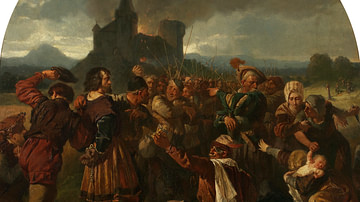
Definition
German Peasants' War
The German Peasants' War (1524-1525) was a conflict between the lower class of the Germanic region of the Holy Roman Empire and the nobility over the feudal system of serfdom, religious freedom, and economic disparity. It was later characterized...

Definition
Essenes
The Essenes were a Jewish sect that emerged in the 2nd century BCE and established the community at Qumran. They emphasized ritual purity, copied books of the Jewish Scriptures, and wrote commentaries on the Books of the Prophets. They believed...
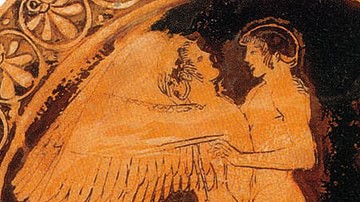
Definition
Zephyrus
Zephyrus was the god of the west wind and the messenger of spring in Greek mythology. He was known as one of the four Anemoi, or wind gods, each of whom represented a cardinal direction and, except for Eurus, a season. Zephyrus was often...

Definition
Pharisees
The Pharisees were a Jewish sect that emerged c. 150 BCE and promoted the idea of priestly purity for all Jews, belief in providence or fate, and the concept of the resurrection of the dead, and taught that besides the commandments, Oral...